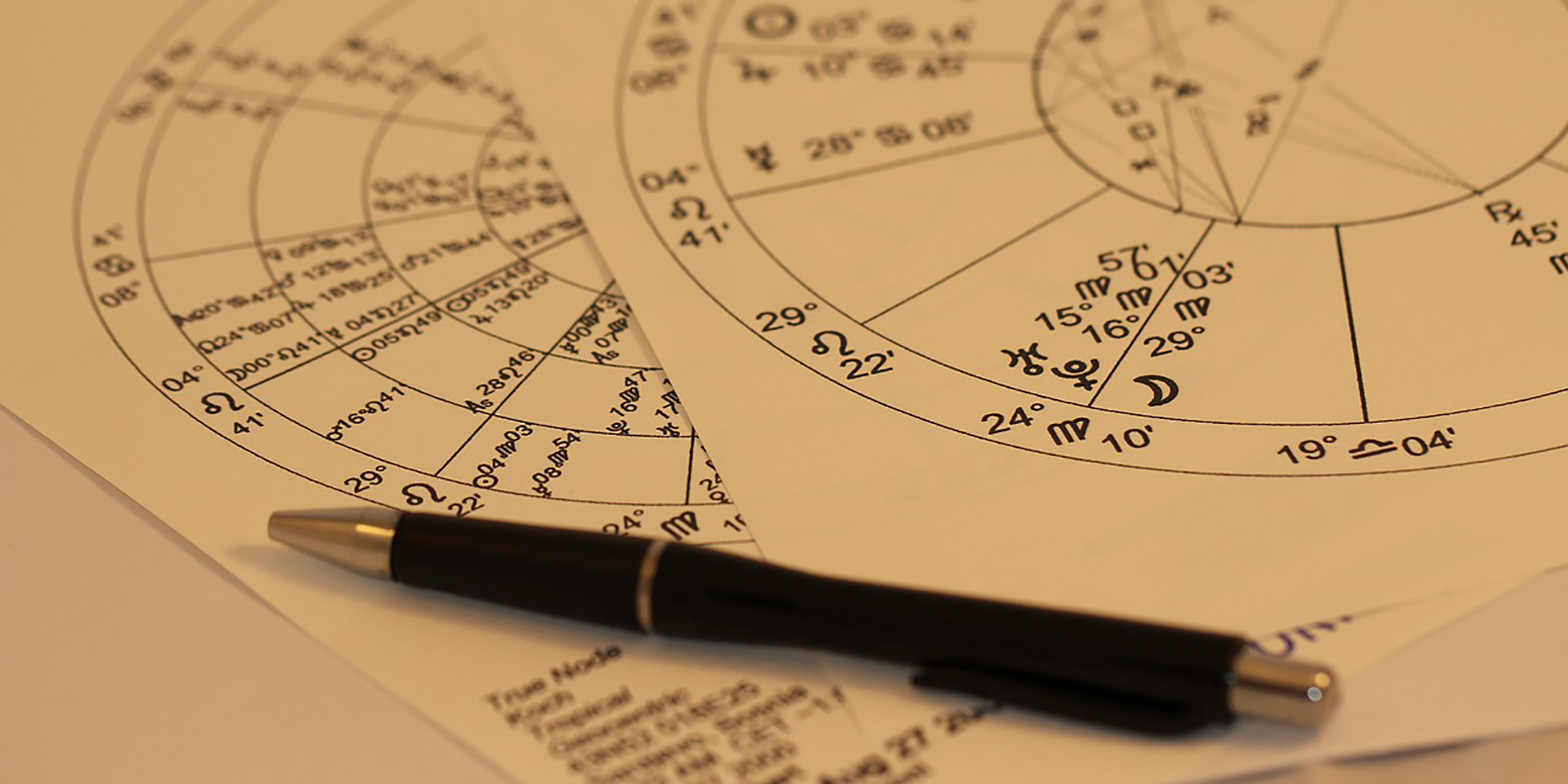Originally published 23 May 1988
After the Reagan-inspired media blitz of the last few weeks, you have probably heard all you want to hear about astrology.
Don’t worry, I won’t rehearse again the skeptic’s case against the ancient “science” of the stars. I’ve learned my lesson.
A couple of years ago I used this column to debunk astrology. I pointed out the complete absence of any reproducible, empirical evidence linking individual human lives to the stars. I stressed the positive virtues of scientific skepticism, and suggested that astrology is fundamentally anti-rational. For most of my audience, I was preaching to the converted. For the rest, no amount of debunking would have made any difference.
But one good thing came out of the column. I heard from a number of professional astrologers and I was impressed by their sincerity. These people were convinced of the validity of their craft and motivated by an unselfish desire to help others. They offered gentle responses to my not-so-gentle criticisms.
I entered into a brief correspondence with one astrologer, a person who has published several best-selling books on the subject. I even read his books. They were lively, well-written, and fun. As self-help books, this particular author’s works contained much good, sensible advice. They evoked a sense of wonder for nature, a positive attitude toward people, and (paradoxically) a healthy sense of personal responsibility.
Evidence and attitudes
I learned nothing from the books, or from my encounters with other astrologers, to persuade me that astrology is anything more than a silly superstition. What I did learn is that there is no way for a scientist to convince an astrologer that his craft is superstitious, and no way an astrologer will convert the scientist. It is not so much a matter of evidence, as an attitude toward evidence. The astrologer and the scientist have different criteria for truth, and, consequently, little hope for resolving their differences.
When I see a person ordering his life by the stars, I see the surrender of reason. When an astrologer sees a scientist “debunking” his craft, he sees bias, conspiracy, or blinkered fixation on dogma.
A correspondent to the Globe took issue with my earlier column this way: “Raymo’s argument against astrology is the usual one: astrology can be done away with by simply declaring it irrational. In other words, if we cannot understand why it works, it must not work. The same flawed argument could be used against electromagnetism, particle physics and the force of gravity, with equally senseless results.”
And it’s true. I don’t understand in any ultimate sense why electromagnetism, particle physics, or gravity works. Nobody does. But the point is this: Electromagnetism, particle physics, and gravity do work, in a way that astrology does not. Experiments of the most exquisite sensitivity can be devised to test the former theories, experiments that can be performed by believers and skeptics alike with identical results. Radio communication, nuclear power, and the space program are testaments to the fact that electromagnetism, particle physics, and gravity work.
On the other hand, every objective test of astrology I know of (with the possible exception of one highly controversial study) has resulted in failure.
Making science human
Then why do astrologers continue to insist that astrology works. Here’s why. I once had my birth chart done by an astrologer. She labored long over ephemerides and graphs, and then told me I was sensitive, intelligent, basically generous, but sometimes self-indulgent, inclined toward optimism, but subject to occasional bouts of depression. Wow! Right on target.
In spite of reliance on numbers, graphs, and even computers, astrology has nothing to do with science, and no amount of objective experiments will dissuade an astrologer from his faith. So why raise the subject once again? At the risk of condescending, let me suggest that there are a few things we can learn from each other.
Scientists should ask themselves what is behind the incredible popular appeal of astrology. Science is widely perceived as cold and aloof from human emotional needs and aspirations. Until scientists can find ways to more effectively communicate the human face of science, there will continue to be a wide audience for pseudoscience and superstition.
And astrologers should ask themselves if they really want to live in a world that is ruled by a slipshod attitude toward evidence. We are frequently reminded by astrologers that such great scientists as Kepler and Newton believed in astrology. True enough. But astrologers should also recall that Kepler’s mother was very nearly burned as a witch, and that Newton’s university was closed because of the plague.
Witchcraft flourished because people imagined causal connections where none existed, and plague vanished from Europe when people took note of causal connections that could be verified empirically. It is no coincidence that witchcraft and plague disappeared from the western world at about the same time that astrology was finally discarded from science.



